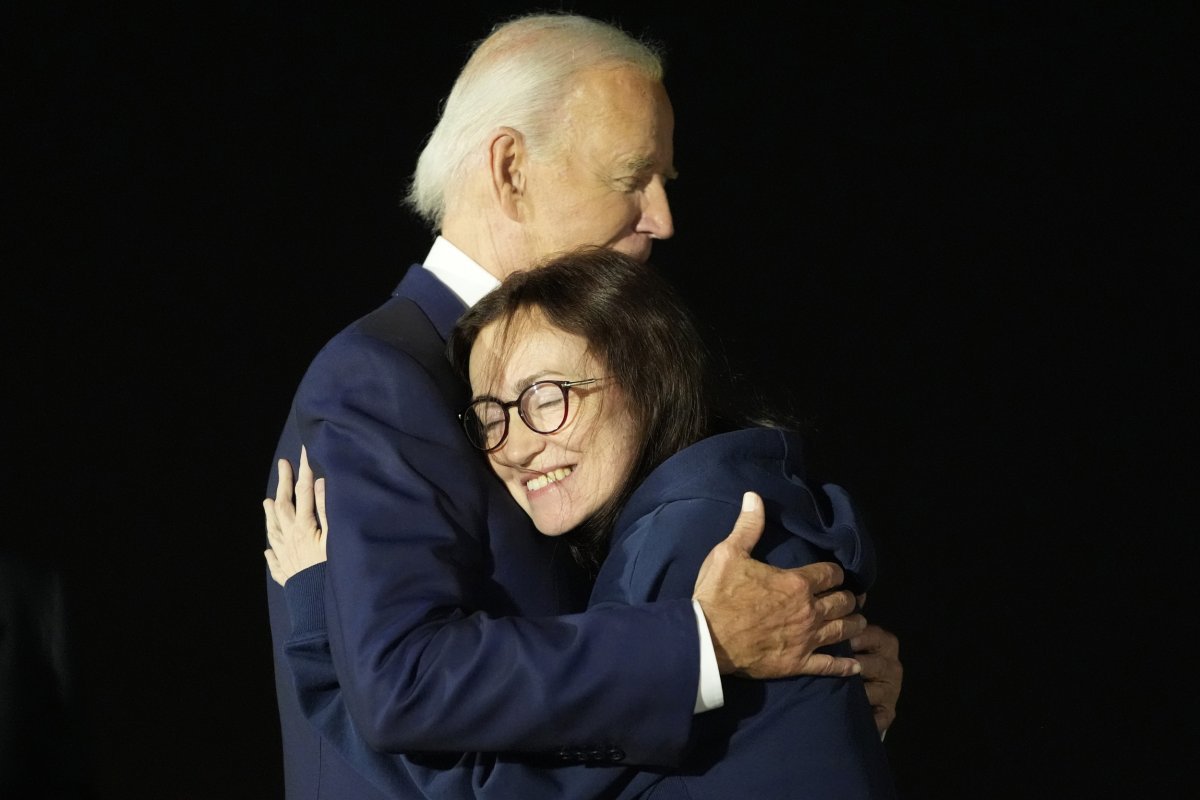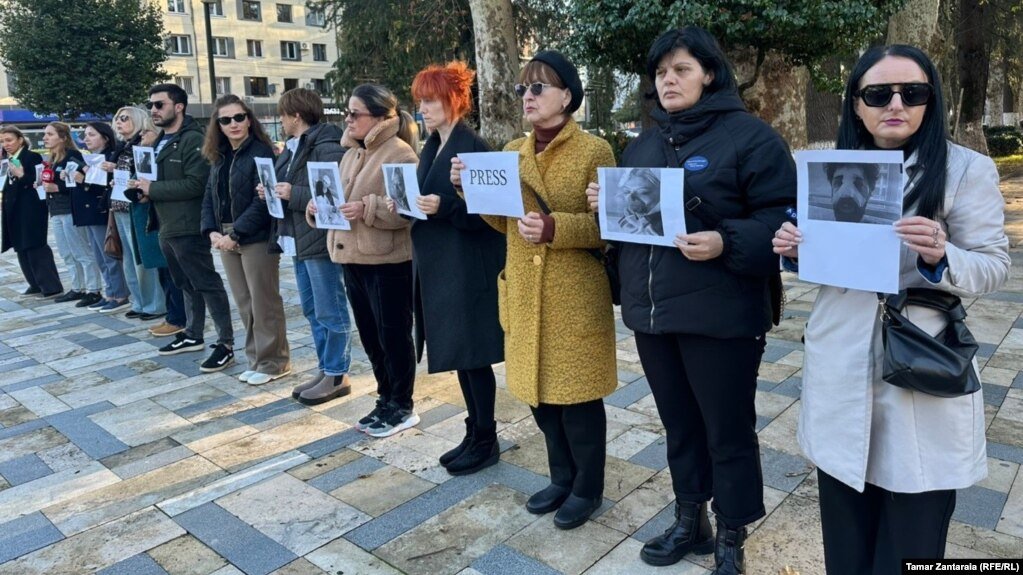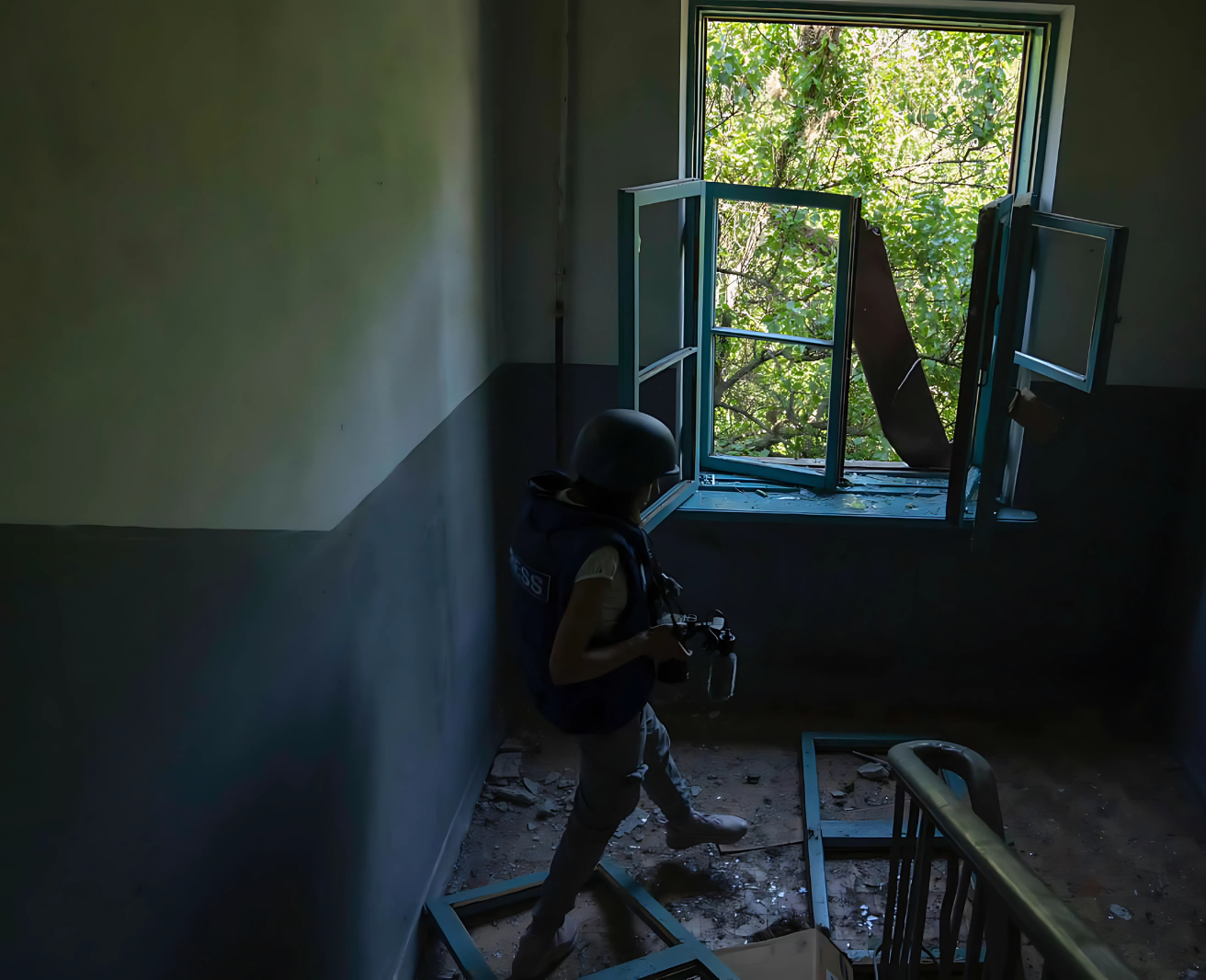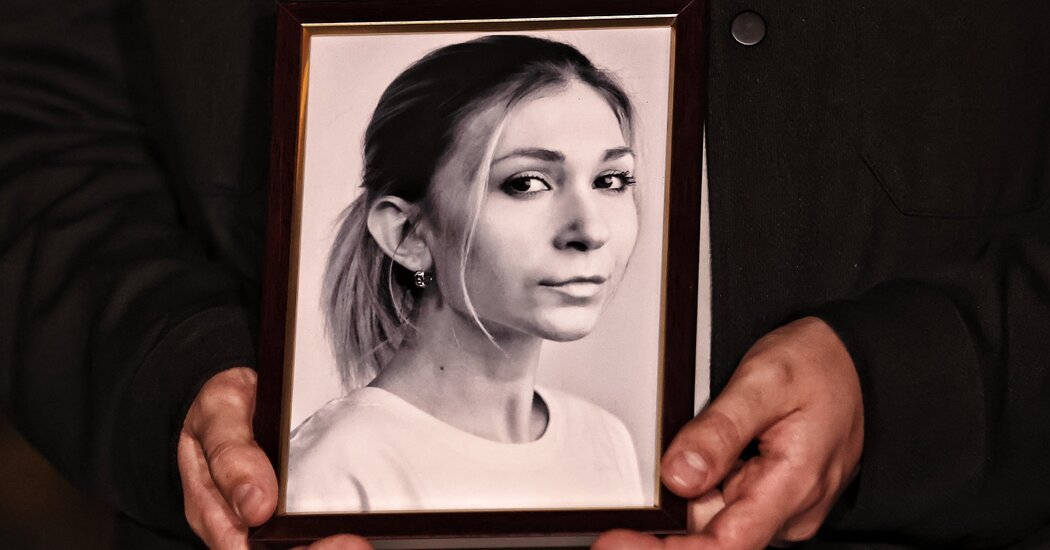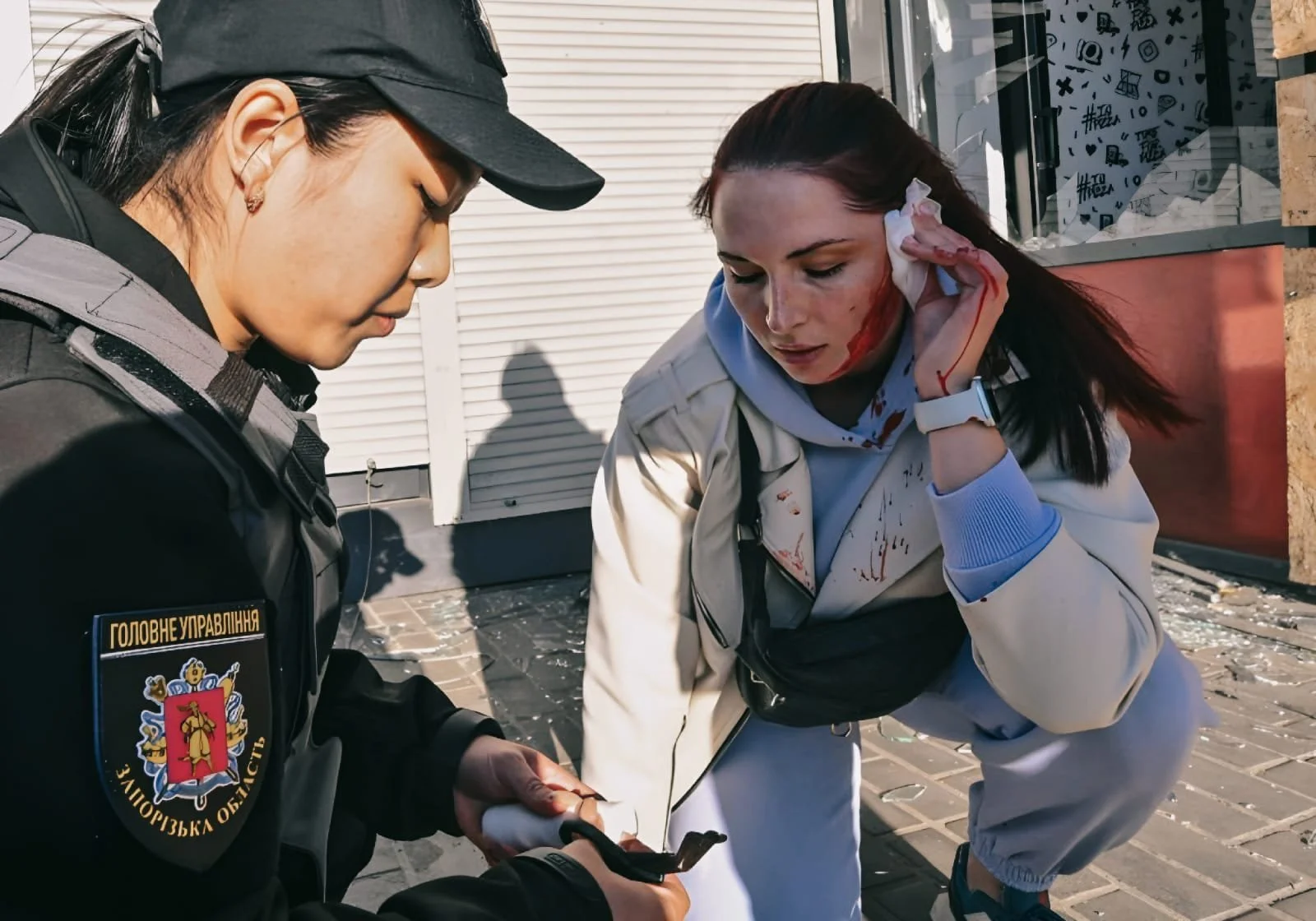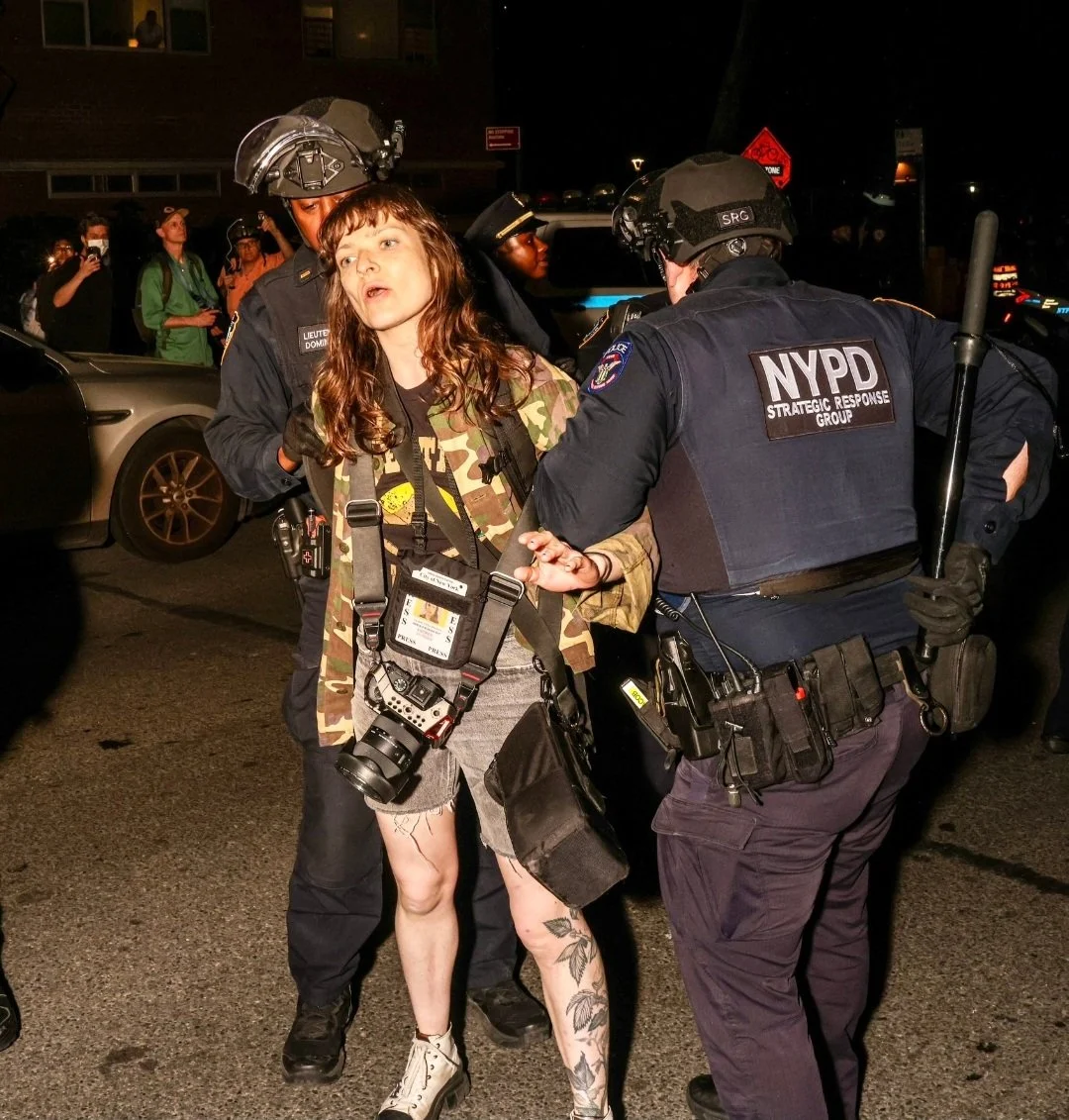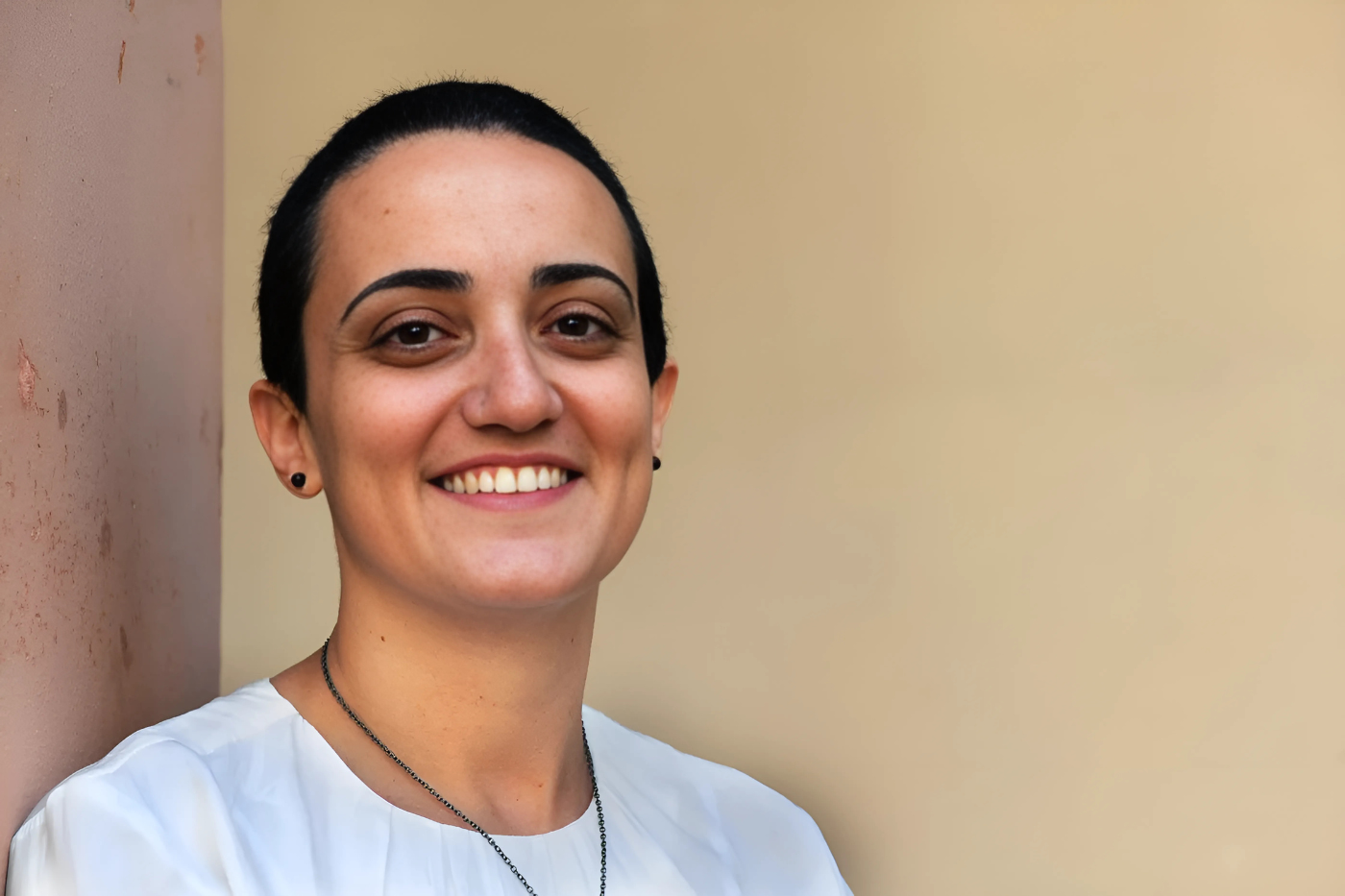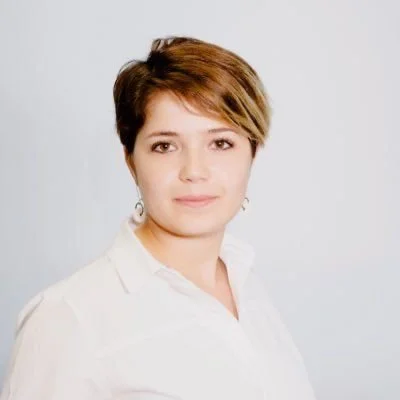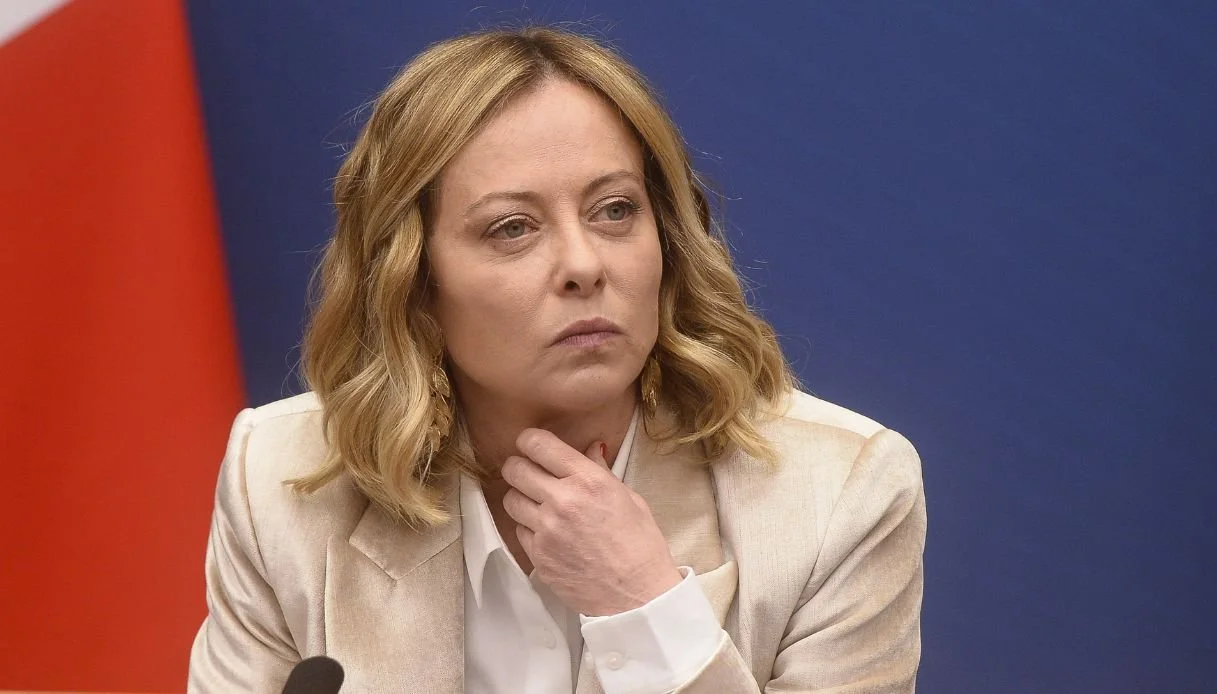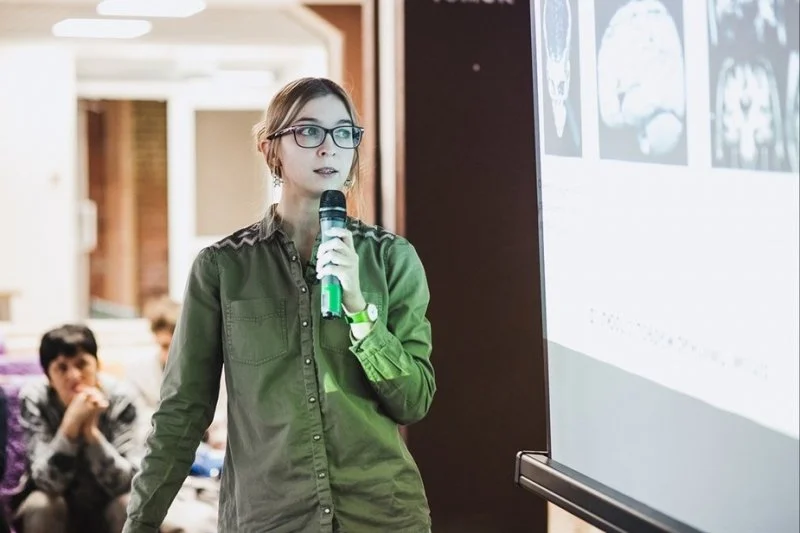
2024 Annual Report
Attacks Against Women Journalists Nearly Double in 2024
Violence Against Women Journalists Hits Record High—WPF Urges Immediate Action
Introduction
The year 2024 has proven to be one of the most dangerous for women journalists worldwide, with Women Press Freedom (WPF) documenting 951 press violations—a staggering 56% increase from 2023. This sharp rise in attacks, detentions, and harassment reflects a growing crackdown on independent reporting, with women journalists facing heightened risks both online and on the ground.
Among the most alarming statistics are the 21 women journalists killed, marking the highest number of killings since WPF began documentation in 2019. Additionally, there were 128 cases of physical assault, 156 incidents of legal harassment, and 134 cases of threats and intimidation. Nearly 40% of physical assaults occurred at protests, highlighting the increasing dangers faced by women covering demonstrations, conflict zones, and corruption.
WPF’s 2024 report paints a grim picture: women journalists are under siege like never before. Governments, militant groups, and private actors are deploying increasingly violent tactics to suppress independent journalism. This wave of repression is not only a direct attack on individual reporters but also a broader assault on press freedom and the public’s right to information.
The international community must take urgent action to protect women journalists. Governments must be held accountable for their attacks on the press, and media organizations must strengthen safety measures for their reporters. Without serious intervention, the future of independent journalism—and the safety of those who risk their lives to report the truth—will remain in grave peril.

Key Findings
When Journalism Is Under Threat, We Rise in Defense
Sometimes our advocacy efforts have paid off. In this grim entropic stew of muzzling governments, resistance towards human rights in a global climate of growing autocracies, the CFWIJ's crucial role in advocating for journalists has led to some significant victories including securing release from prison and dropping of charges of journalists in Turkiye, Canada, Iran, Italy, United States and Russia.
Russian-American journalist Alsu Kurmasheva, a veteran editor for Radio Free Europe/Radio Liberty, who, like so many others, found herself caught in the Kafkaesque machinery of authoritarian paranoia while visiting family in Russia, her real crime, of course, wasn’t some paperwork technicality but her affiliation with an outlet that reports inconvenient truths. Russia accused her of failing to register as a "foreign agent" in a blatant attempt to silence independent journalism. CFWIJ’s relentless advocacy, including direct correspondence with the White House, organizing events in Washington D.C, and staying involved in her case for more than a year, helped keep her case at the forefront of President Biden's attention, ultimately leading to her release.
In Canada, Brandi Morin, an Indigenous award-winning journalist who has extensively reported on environmental destruction and human rights abuses against Indigenous communities, in response, found herself slapped with bogus obstruction charges. CFWIJ, refused to let this stand, applied the right kind of pressure including legal advocacy and mobilization efforts successfully pushed for those charges to be dismissed, reinforcing that journalism is not a crime.
In Iran, Cecilia Sala, an Italian journalist known for her fearless reporting on conflict zones and human rights violations, was abducted while covering protests against the regime. CFWIJ swiftly launched advocacy calls and international pressure campaigns to secure her safe release. These cases exemplify how, even in the most oppressive environments, strategic intervention and unwavering support from CFWIJ can lead to tangible breakthroughs, ensuring journalists can continue their essential work.
Advocacy Wins
Unjustly Detained Russian-American Journalist Alsu Kurmasheva Released
-
Alsu Kurmasheva, a dual Russian-American citizen and journalist for Radio Free Europe/Radio Liberty (RFE/RL), was wrongfully detained by Russian authorities on October 18, 2023, while visiting Kazan for a family emergency. Initially charged for failing to register as a "foreign agent," her situation escalated, and she was accused of spreading "fake news" about Russia's military. This resulted in a secret trial where, on July 19, 2024, she was sentenced to six and a half years in prison.
During her ten-month detention, Kurmasheva was denied proper medical care and contact with her family, despite multiple appeals for her release due to her health. Her imprisonment was seen as part of Russia's broader crackdown on journalists, especially those with foreign ties or critical of the government.
Release Through Prisoner Swap
On August 1, 2024, in a touching and emotional scene, Alsu Kurmasheva was finally reunited with her husband and two daughters after ten long months of unjust detention in a Russian jail. As she disembarked a plane at a military airport base near Washington, D.C., she was also warmly greeted by US President Joe Biden and Vice President Kamala Harris.
Kurmasheva was released as part of a high-profile prisoner exchange between Russia, the U.S., and Germany. This swap also secured the release of other political prisoners, including Wall Street Journal reporter Evan Gershkovich and Russian opposition figure Vladimir Kara-Murza. In exchange, Russia received several individuals, including a convicted assassin and espionage agents.
The swap was a result of diplomatic negotiations that began in 2022 and is considered a significant victory for human rights and press freedom advocates.
Advocacy by CFWIJ and WPF
The Coalition For Women In Journalism (CFWIJ) and Women Press Freedom (WPF) played a key role in advocating for Alsu Kurmasheva’s release. From the time of her detention, we continuously raised awareness about her unjust imprisonment and the harsh conditions she faced, including her deteriorating health and lack of family contact. We worked closely with her family, especially her husband, Pavel Butorin, who persistently spoke out about his wife’s unjust situation to international bodies and the media.
CFWIJ and WPF strived to keep Kurmasheva’s case in the spotlight, calling for the U.S. government, particularly Secretary of State Antony Blinken, to take decisive action. The organization coordinated efforts with other press freedom groups, pressuring Russian authorities and international bodies to secure her release. WPF emphasized that Kurmasheva’s dual citizenship and her role as a journalist made her an obvious target of Russia's increasing hostility toward independent media.
The release of Alsu Kurmasheva and others in the prisoner swap shows the broader, ongoing efforts of CFWIJ, WPF and other advocacy organizations to fight for press freedom in Russia, where independent journalists continue to face significant threats for merely doing their jobs.
The swap represented a diplomatic victory for press freedom and human rights advocates. WPF celebrated the release but continues to draw attention to other imprisoned journalists in Russia, such as Maria Ponomarenko, Antonina Favorskaya, and Olga Komleva - we demand their immediate release.
Bogus Criminal Charges Against Indigenous Journalist Brandi Morin Dropped
-
In January, 2024, journalist Brandi Morin was arrested while covering a police raid on an Indigenous-led homeless encampment in Edmonton, Alberta. Despite being clearly identified as a journalist and maintaining a safe distance while filming, she was singled out and charged with obstruction, an offense that carries a maximum sentence of two years in prison. Her arrest reflects a disturbing pattern of press suppression, particularly when journalists report on Indigenous issues and police conduct.
Kiran Nazish, founding director of CFWIJ and WPF, condemned the arrest, stating: “It is not healthy for Canadian democracy to have law enforcement agencies get in the way of journalistic work. Their job is to allow journalists access and get out of the way of independent newsgathering, a process necessary for a democracy.”
CFWIJ and WPF’s Advocacy: A Determined Campaign for Justice
From the moment of Morin’s arrest, CFWIJ and WPF spearheaded a relentless campaign calling for the charges to be dropped. Partnering with other press freedom organizations, we engaged in public advocacy, media campaigns, and direct appeals to Canadian authorities to demand justice for Morin. Our stance was clear: law enforcement agencies must be held accountable for obstructing journalistic work.
CFWIJ and WPF have consistently highlighted how Morin’s arrest fits into a broader trend of police hostility toward journalists covering Indigenous movements. Similar cases, such as the wrongful arrest of award-winning photojournalist Amber Bracken, demonstrate a troubling disregard for press freedom. The organizations have called for systematic reforms to ensure journalists can report freely without fear of persecution.
A Hard-Fought Victory for Press Freedom
On March 1, 2024, following sustained pressure from CFWIJ, WPF, and other advocacy groups, prosecutors withdrew the obstruction charge against Morin. Her lawyer had been preparing to enter a not-guilty plea and set a trial date when the decision was announced. The outcome is a testament to the power of collective advocacy and the necessity of defending press freedom at all costs.
Italian Journalist Cecila Sala Released After Being Abducted in Iran
-
Italian journalist Cecilia Sala was detained by Iranian authorities on December 19, 2024, despite holding a valid journalist visa. She was placed in solitary confinement at Evin Prison, with restricted legal access and no contact with her family. The Coalition For Women In Journalism (CFWIJ) and Women Press Freedom condemned her detention, highlighting Iran’s broader crackdown on journalists, particularly women, since the 2022 Woman, Life, Freedom protests.
Advocacy efforts, including diplomatic negotiations led by Italian officials—involving Prime Minister Giorgia Meloni—and pressure from press freedom organizations such as CFWIJ, played a crucial role in Sala’s release on January 8, 2025. CFWIJ’s founding director Kiran Nazish warned that her case exemplifies Iran’s use of “hostage diplomacy,” detaining journalists to exert political leverage.
Following Sala’s release, CFWIJ reaffirmed the urgent need for international action to protect journalists from such repressive tactics, emphasizing that Iran remains one of the worst offenders against press freedom. While her release was a victory, the case underscores the risks journalists face in authoritarian regimes and the necessity of sustained advocacy.

Deadliest Year for Women Journalists on Record
In 2024, 11 journalists were killed in Gaza during Israeli attacks while 2 were killed in Israeli attacks on Syria and Lebanon, adding to a devastating toll of over 160 journalists killed in the conflict since October 7, 2023. Among them, 27 were women journalists. The vast majority were Palestinian journalists reporting from Gaza, often the only voices documenting the ongoing devastation. Many were killed while doing their jobs or seeking shelter from bombings.
The continued killings of journalists shows the persistent disregard and inaction by the international community. Women Press Freedom urges global leaders to demand an immediate cessation of bombing campaigns by the Israeli army, allow independent investigators into Gaza to probe potential war crimes, and grant international media unfettered access to report from the Strip.
Women Press Freedom consistently documents ongoing violations against women journalists in Gaza and those reporting on the conflict from abroad. Journalists in Gaza continue to face injury and death with impunity due to Israeli military actions. The lack of accountability is a profound concern. Women Press Freedom calls for the UN and ICC to investigate every journalist's killing to determine if they were deliberately targeted—targeting journalists in conflict zones is a war crime, and those responsible must be held accountable.
These journalists have names, faces and were loved, they were killed while doing their jobs or seeking shelter from bombings in their homes. They must not be forgotten.
Gaza: Israel Continues Attack, 11 Women Journalists Killed in 2024

Physical Assaults Targeting Women Journalists Climb Significantly
Reporting on the Ground is Increasingly Dangerous
Women Press Freedom’s data indicates a sharp increase in physical assaults targeting women journalists in recent years, particularly in 2024 (128 cases) compared to 2023 (87) and 2022 (78). The highest recorded number by WPF was in 2021 (133), which suggests that the current levels of violence are approaching that peak again. The trend over the last five years reveals concerning fluctuations, but the overall trajectory points to a worsening climate for women journalists.
The steady increase in physical assaults suggests a broader decline in journalist safety. If this trend continues, fewer women may feel safe reporting from conflict zones, covering protests, or investigating corruption, leading to significant gaps in reporting.
Protests: Press Continue to Be Targeted at Demonstrations:
In 2024, 50 out of 128 physical assaults on women journalists—nearly 40%—occurred at protests, making demonstrations one of the most dangerous environments for women reporters. From Senegal to Bolivia, France to Georgia, women journalists faced violence from both law enforcement and protesters.
Many were assaulted during detentions, experiencing excessive force while being taken into custody. Others were beaten while reporting, often by riot police using batons, tear gas, or rubber bullets. Some had their equipment destroyed, a deliberate effort to erase footage and prevent coverage of state violence or public dissent.
This pattern reveals a growing hostility toward independent reporting at protests, where authorities and demonstrators alike see journalists as threats rather than witnesses.
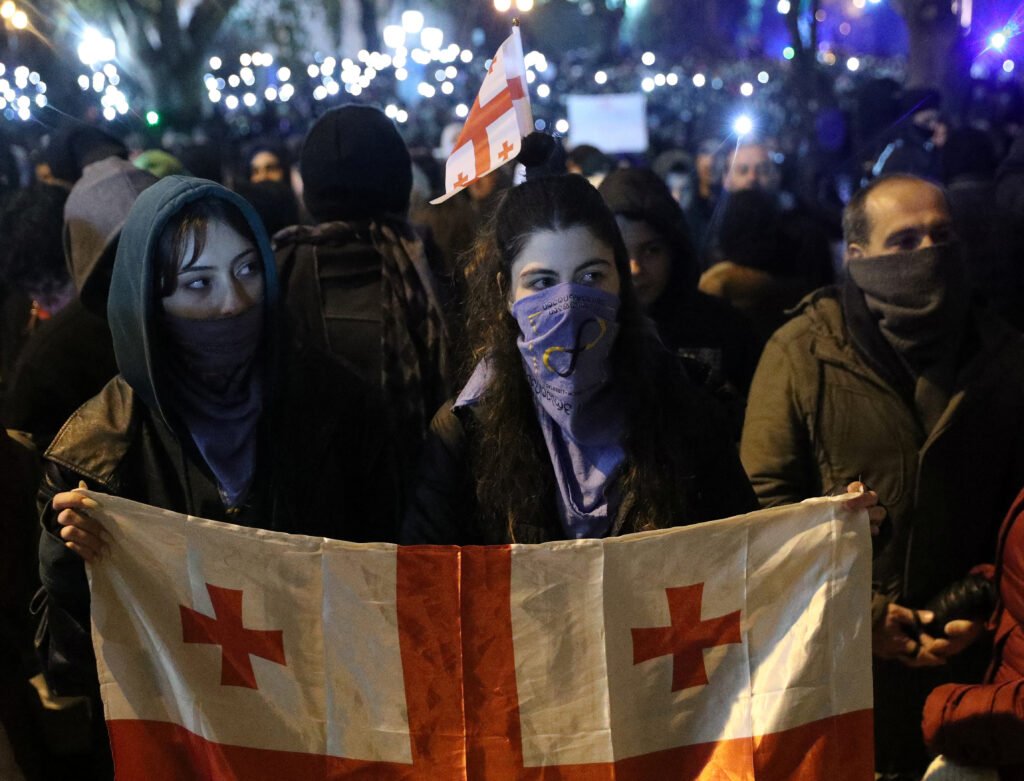
Georgia - Press Under Siege as Democracy Falters and the People Protest
In 2024, Georgia’s independent press faced physical, legislative, and political attacks, with 40 violations against women journalists—a 225% increase from 2023.
From the introduction of a Russian-inspired "Foreign Agent" law in May to mass protests following disputed elections, journalists—especially women—were targeted for reporting on government actions or covering the unrest.
Seven violations occurred on Election Day in October, followed by ten more during the protests after the elections. As the people took to the streets, demanding action against election irregularities and government interference, journalists found themselves under attack. News crews, often led by women, faced violence and intimidation from government supporters and law enforcement.
TV Pirveli journalist Maka Chikhladze was violently pulled by the hair and dragged during a live broadcast. OC Media co-founder Mariam Nikuradze, a well-known photojournalist, was hit with tear gas and had her camera broken by police. These attacks were part of a larger crackdown on press freedom as journalists risked their safety to document the growing protests against the country’s democratic backsliding.
Local reporters across Georgia, from Tbilisi to Batumi, have given the world a glimpse into these critical protests. Despite their important role in documenting the crisis, they continue to face harassment and violence with little accountability. Their work is more important than ever, but the risks are increasingly high.
As Georgian civil society and independent media call for support, it is up to the international community to act. The EU and Washington must pressure the Georgian government to protect journalists and hold those responsible for the attacks accountable. Sanctions must be imposed on those behind these violations.
Women Press Freedom remains committed to supporting journalists in Georgia. We urge the global community to amplify the voices of these reporters, demand action from the Georgian government, and ensure that the press can work freely without fear of violence or retaliation.
Ukraine - Frontline Journalists Facing Extreme Danger as Russian Attacks Increase
In 2024, war correspondents continued to face extreme risks while covering the conflict in Ukraine. Reporting from the frontlines and occupied territories, these journalists endured missile and drone strikes, detentions, and physical assaults, with the situation becoming increasingly dangerous.
At least 9 journalists were injured in Russian missile and drone attacks in 2024.This marks a 80% increase in assaults compared to 2023. This alarming trend is a frightening reminder of the dangers these reporters face while documenting the war.
The sharp rise in injuries and detentions in 2024 reflects the hostile environment they navigate daily. Women Press Freedom urges international bodies and media organizations to enhance protections for war correspondents and hold aggressors accountable for attacks on journalists.
The Killing of Victoria Roschyna
Ukrainian journalist Victoria Roschyna, known for her fearless war reporting, died in Russian custody on September 19, 2024. Her death occurred during a forced transfer from Taganrog to Moscow for a prisoner exchange, following more than a year of illegal detention by Russian forces while she was on assignment in occupied Ukraine.
The circumstances surrounding her death remain unclear, but Ukrainian authorities have reclassified the investigation into her disappearance as a war crime and premeditated murder. Whatever the cause, one thing is certain – Russian authorities bear the full responsibility for her death.
Born in 1991, Roschyna devoted her life to uncovering the truth, often at immense personal risk. Her commitment to documenting the horrors of war and the experiences of Ukrainians living under Russian occupation made her a target of repeated detentions. Despite these threats, she persisted in her mission to expose the realities of conflict and give a voice to those silenced by war.
Roschyna’s death is a devastating blow to press freedom and a stark reminder of the dangers journalists face in conflict zones. Her courage and dedication will never be forgotten.
Rising Injuries Among Women Journalists in Ukraine

Detention of Journalists in Occupied Crimea
As well as shellings, women journalists have also been harassed and illegally detained by Russian occupying forces, especially in Crimea and other occupied areas. Several journalists faced unjust interrogations and prolonged detentions, amplifying the threats against press freedom in the region.
Zera Bekirova, a Crimean Tatar journalist, was detained and interrogated following a raid on her home in January 2024 by Russian forces.
Lutfiye Zudiyeva was similarly detained in February 2024, after armed forces stormed her home in Crimea.
Zhanna Kyseliova, editor of Kakhovska Zoria, was detained on June 27, 2024, in Kakhovka, following a raid on her apartment by Russian military forces.
Russian FSB officers forcibly abducted 61-year-old Crimean Tatar journalist Ediye Muslimova, the Chief Editor of Armanchyk in November 2024. Muslimova was seized near her home in Simferopol, held incommunicado for over 36 hours, denied legal representation, and subjected to sleep deprivation during interrogations. She was released on November 22, 2024.
The persecution of journalists in Crimea, including repeated harassment of Crimean Tatar journalists, shows Russia's ongoing effort to silence dissent and restrict reporting in the region.
Turkiye: Remains Top Violator of Women Journalists in the World
In 2024, violations against women journalists in Turkiye surged dramatically, rising from 84 cases in 2023 to 128 cases. This sharp increase highlights the ongoing and escalating systemic oppression faced by women journalists in the country. According to documentation by Women Press Freedom, Turkiye remains the most challenging country for women journalists, with the highest number of violations recorded in 2024. Women reporters in Turkiye are increasingly targeted with legal and physical harassment, especially for their coverage of sensitive political and social issues.
The following overview presents a snapshot of the situation based on key statistics and trends documented by Women Press Freedom in 2024:

Legal Harassment: Relentless Threat to Journalists in Turkiye
Legal harassment in Turkiye has been a pervasive challenge, with an alarming increase in cases from 20 in 2023 to 52 in 2024. A whopping 160% increase in cases targeting women journalists. This sharp rise reflects the Turkish government's ongoing efforts to suppress independent journalism, using legal tools such as defamation, terrorism-related charges, and participation in protests to target journalists, particularly women.
Types of Legal Harassment:
Defamation and Insult Charges: Journalists such as Seyhan Avşar and Dilan Esen have faced defamation charges after investigating corruption or criticizing public officials. These charges, often carrying heavy fines or imprisonment, serve as tools of intimidation.
Protests and Political Demonstrations: Women journalists, like Zeynep Durgut, have been charged for covering or participating in protests, particularly those related to environmental or gender-based violence issues.
Terrorism or Illegal Activity Charges: Charges of supporting terrorism or participating in unlawful assemblies have been levied against journalists like Nadiye Gürbüz, especially those covering Kurdish rights or gender violence issues. These charges serve to silence critical voices on politically sensitive topics.
Patterns in Legal Harassment in Turkiye
-
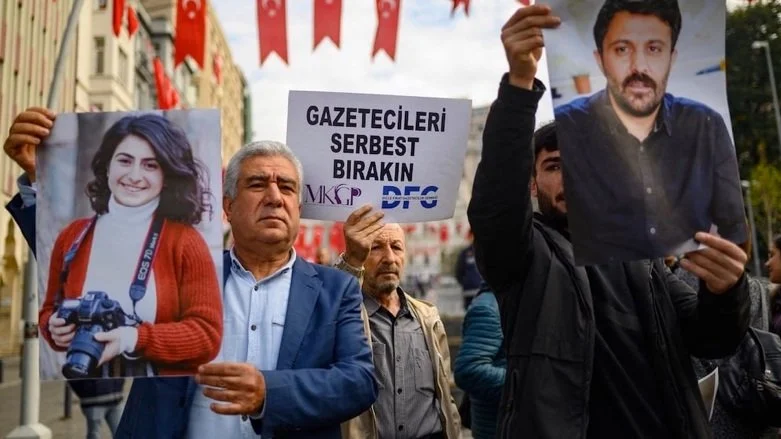
Systematic Targeting of Kurdish Press
Journalists reporting on Kurdish issues, or politically sensitive topics are the primary targets of legal harassment. Kurdish journalists are disproportionately hit with bogus terrorism charges.
-
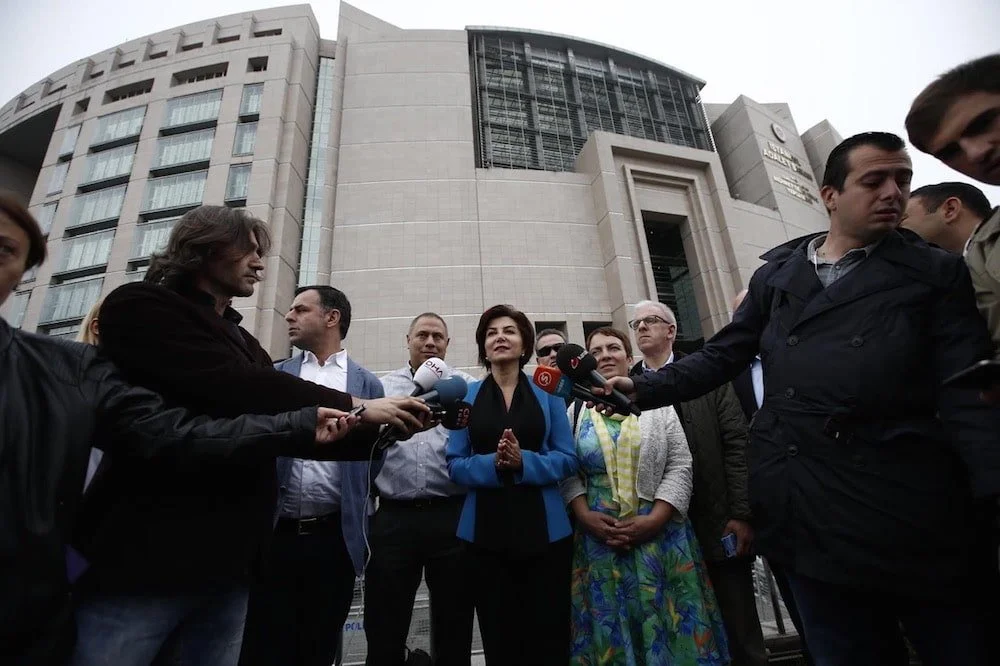
Weaponization of Legal Systems
Legal tactics such as defamation and "terrorism" charges are increasingly weaponized against journalists, creating a hostile environment for press freedom and reducing the space for dissenting voices.
-

Prolonged Legal Cases to Exhaust Journalists
Many journalists find themselves entangled in protracted legal proceedings that drag on for months or years, further deepening the impact of legal harassment.

Detentions: Law Enforcement Jails Journalists in Home Raids and Demonstrations
In Turkiye, the detentions of women journalists have been a persistent issue, with numerous cases of harassment and legal action against reporters, particularly those covering sensitive topics like Kurdish rights, political dissent, and government policies. In 2024 Women Press Freedom documented 37 detentions of women journalists up from 30 detentions in 2023.
From October to December 2024 there was a sharp increase in detentions, with several women journalists taken into custody under questionable legal circumstances, often for their work in covering protests, human rights issues, or controversial political figures. Kurdish journalists Derya Ren (JIN News) and Zeynep Durgut (Mezopotamya Agency), were detained during a violent police crackdown on a peaceful protest in Şırnak. The detentions of Suzan Demir, Roza Metina, and others during raids exemplified the targeted repression of journalists from independent media outlets.
Women journalists like Nevşin Mengü also faced targeted harassment, including a smear campaign following an interview with a Kurdish political leader. Additionally, during protests against the Turkish drone strike killing of Kurdish journalists in Syria, women reporters from Kurdish media were detained, further highlighting the risks faced by women in journalism.
These detentions are part of a broader pattern of suppression aimed at silencing independent and critical voices. Journalists in Turkiye, particularly women covering sensitive political and human rights issues, face systemic repression, including arrests, legal charges, and violent repression of protests. The continued targeting of these journalists underscores the urgent need for international advocacy and legal support to protect press freedom and the safety of women journalists in Turkiye.
United States: Press Freedom in America Faces Uncertain Future as Violations Rise
The future of press freedom in the nation once regarded as a beacon of freedom and prosperity is increasingly uncertain. Once a symbol of legislative protection for the press and a strong advocate for freedom of expression and accountability, America now faces a troubling decline, watched anxiously by the rest of the world. This gloomy outlook is compounded by the rise in press violations documented in 2024 with the number rising by 40% compared to the previous year. A total of 43 violations were documented, making the United States the fourth-highest country globally, behind Turkiye, Russia, and Venezuela.
As protests against Israel’s actions in Gaza spread across college campuses nationwide, journalists—particularly student journalists—became frontline witnesses to the demonstrations. This position made them vulnerable to attack, with 11 journalists facing targeting because of their reporting. These violations range from physical assault, arbitrary arrests, detentions, and intimidation to digital harassment campaigns.
In May, Catherine Hamilton and Anna Dai-Liu, both reporters from UCLA's Daily Bruin, were assaulted by pro-Israel counterprotesters during a protest. The assailants used pepper spray, verbal abuse, and physical violence. While The Free Press Reporter Olivia Reingold faced verbal abuse and threats at a protest in Union Square, New York City, where she was singled out and harassed by protesters accusing her of being a "Zionist."
Our data suggests that journalists covering protests related to the Gaza conflict face risks from both sides of the political spectrum. This dual threat can complicate journalists' efforts to report objectively.
Alarmingly, from New York to California, Women Press Freedom documented repeated and concerning incidents of law enforcement ignoring or dismissing those reporting on the protests, resulting in unjust arrests and detentions.
From previous protests, most notably those following the killing of George Floyd in 2020, we know that journalists covering demonstrations in the U.S. face significant risks while trying to do their jobs—risks that often stem from the police. This year, we observed numerous settlements issued to journalists in Minnesota for violent acts committed by law enforcement during the 2020 protests. While these settlements did not include admissions of wrongdoing, they reinforced the consequences of mistreating the press. Officers cannot abuse their positions of power to attack or obstruct journalists' rights to report. Though financial settlements and commitments to train officers on press rights represent small victories, they are a step in the right direction.
In contrast, the failure of the Senate to pass the PRESS Act in 2024 is a major setback for press freedom. Despite its approval in Congress earlier in the year, the Senate’s inaction, combined with Donald Trump’s election, means the bi-partisan bill is more than likely dead. This means the courts can still force journalists to reveal their sources under threat of contempt charges - as seen in the cases of Catherine Herridge and Anna Wolfe.
Without the approval of the PRESS Act, investigative journalists will operate without a federal legal shield, allowing the government and powerful entities under investigation to take legal action against journalists compelling them to reveal confidential sources. Women Press Freedom urges Republicans who supported the bill to continue advocating for its passage, as the stakes for journalistic integrity and safety have never been higher.
As the United States prepares for the return of Trump’s administration, the safeguards and legislation protecting press freedom could face their greatest challenge yet. If Trump’s campaign promises regarding the media are enacted over the next four years, as noted in our report Trump v Harris, America’s press will face immense challenges ahead.
NYPD tackle, intimidate, and detain Photojournalists Olga Fedorova on May 8, 2024, while covering a pro-Palestine protest outside the Fashion Institute of Technology (FIT) in midtown Manhattan

Intimidation Through Litigation: Women Journalists Face Growing SLAPP Threats Worldwide
In 2024, 21% of all legal harassment cases against journalists documented by Women Press Freedom were SLAPPs (Strategic Lawsuits Against Public Participation). These cases occurred across the globe from Latin America (Chile, Mexico), the MENA region (Egypt, Iran, Türkiye), to Europe (Italy, Serbia). Women Press Freedom documented 41 SLAPP cases targeting women journalists in 2024.
SLAPPs are used to intimidate journalists and stop them from reporting on powerful figures. The financial strain of legal fees and the threat of damages often force journalists, especially women who already face industry barriers, to abandon critical stories. In countries where defamation is a crime, like Thailand, the risk is higher.
These lawsuits often exploit vague legal terms like "false news" or "insulting public officials," giving powerful actors the ability to manipulate the law. This causes a muzzling effect, where journalists self-censor to avoid legal threats, reducing the diversity of voices in the media.
Women journalists, who already face higher risks, are especially vulnerable to these legal tactics. To protect them and safeguard press freedom, legal reforms like anti-SLAPP laws and swift, comprehensive support for targeted journalists are essential to stop these cases early.

From Defamation to False News: Common Legal Tactics Used in SLAPP Cases
· Defamation and Libel: Many cases involve defamation lawsuits, often with allegations stemming from journalistic reporting that challenges political figures or governmental actions (e.g., Josefa Barraza in Chile, Rula Jebreal in Italy).
· False News and Licensing Issues: Charges like "publishing false news" or operating without a license are prevalent, particularly in the MENA region (e.g., Lina Attalah in Egypt, Asal Dadashloo in Iran). These charges are often used to stifle dissent and critical reporting.
· Insulting Public Officials: Several journalists in Turkiye face charges for allegedly insulting public officials, highlighting a strategy to silence critiques of those in power (e.g., Nagihan Yılkın and Seyhan Avşar).
Unmasking SLAPP Perpetrators: Who’s Behind the Legal Attacks?
The SLAPPs targeting women journalists documented by WPF involve a range of actors, including politicians, public officials, business entities, and even individual private citizens. These lawsuits serve as tools of intimidation and suppression, often leveraging defamation and libel laws to silence critical journalism. Below is an analysis of the key perpetrators targeting women journalists with SLAPPs in 2024…
Politicians and Public Officials:
Andrea Molina (Chile): Former Chilean congresswoman, filed a lawsuit against journalist Josefa Barraza for libel, after Barraza reported on Molina’s new role in the municipality of La Reina. Molina’s case exemplifies how politicians seek to silence criticism and investigative journalism through legal intimidation, particularly in cases that expose their post-political career activities.
Prime Minister Giorgia Meloni (Italy): Meloni, known for being highly litigious and fond of targeting the press with nonsense lawsuits, filed a SLAPP against journalist Giulia Cortese over tweets mocking her height. The judge ruled in favor of the leader resulting in a €5,000 fine for Cortese. This case shows how even frivolous issues can be transformed into defamation cases to discredit and financially burden journalists.
Ali İhsan Arslan (Turkiye): A party deputy from the ruling AKP party sued journalist İzel Sezer for defamation, reflecting the tendency of political elites in Turkiye to use legal harassment to control narratives.
Mehmet Nuri Ersoy (Turkiye): Minister of Culture and Tourism sued Dilan Esen of BirGün for publicly insulting him. This case is one of many lawsuits initiated by government officials against journalists who dare to criticize them. A shameful example of how public figures weaponize the judicial system against press workers.
Corporations and Business Entities:
Four Cardinals Development México SA de CV (Mexico): An international real estate company targeted investigative journalist Fabiola Cortés Miranda with a SLAPP demanding $3.6 million for material damages and 5 million pesos for moral damages. This SLAPP was linked to her coverage of a land dispute involving indigenous Mayan people, showing how powerful corporations resort to legal action to suppress reporting on their controversial business practices.
Mario Alberto Quiroz (Mexico): A lawyer filed a lawsuit against journalist Claudia Amelia Solera in a bizarre case where two women, lacking formal identification, served her with the lawsuit. This SLAPP shows how individual legal professionals or businesses may try to obscure their actions, using the legal system to intimidate critical journalists.
Judicial Officials:
Dušanka Đorđević (Serbia): An appellate judge sued journalist Bojana Pavlović for exposing her controversial acquittal of individuals involved in the murder of journalist Slavko Ćuruvija. This case illustrates how members of the judiciary can use legal tools to retaliate against journalists who challenge their decisions, particularly in high-profile cases.
Private Individuals:
Ashfaque Ishaque Satti (Pakistan): News anchor Rabia Anum faced a defamation notice from her fellow news anchor Satti, after she reported on domestic violence allegations made by Satti's wife. This case shows how personal grievances can evolve into legal battles aimed at silencing journalists who expose family violence or private matters.

Attacks Across Borders: Transnational Repression Cases Rise
Russia: Kremlin Escalates Use of Foreign Agent Legislation to Harass Exiled Journalists
In 2024, Putin’s regime intensified its enforcement of the controversial foreign agent law, using it as a powerful tool to target and silence critical journalists and activists in exile. This strategic move is designed to stifle independent reporting on Russia’s war of aggression in Ukraine and to control the narrative reaching the Russian public.
This year, the number of journalists added to the foreign agent registry and charged for non-compliance with its stringent requirements has surged. Women Press Freedom has documented 18 such cases in 2024 alone, with July witnessing a sharp spike—10 cases in just that month. This uptick signals a deliberate and systematic effort by the Kremlin to weaponize legislation against independent media, extending its reach well beyond Russia’s borders and harassing journalists reporting from exile.
The Weight of Designation
Being designated as a “foreign agent” carries stigma and legal consequences, reminiscent of Soviet-era tactics designed to silence dissent. This label implies that designated individuals receive foreign funding and, therefore, serve foreign interests rather than those of the nation. The repercussions include onerous legal and administrative burdens, such as mandatory reporting requirements and public labeling of their work, which severely restrict their operational capacity and increase the risk of further harassment.
In 2024, several prominent women journalists, including Anna Narinskaya, Asya Kazantseva, Galina Timchenko and Yevgenia Baltatarova were added to the foreign agent list. This trend reflects a targeted effort to marginalize critical voices in journalism, particularly those who challenge state narratives or address sensitive issues including Russia’s war in Ukraine and LGBTQI rights.
Journalists like Lyudmila Savitskaya have reported frozen bank accounts and hefty fines for non-compliance, which can cripple independent reporting and push journalists further into exile or compel them to abandon their work entirely.
The designation of journalists as foreign agents creates a climate of fear. The threat of legal consequences not only impacts those directly labeled but also discourages their colleagues. Many journalists may choose to self-censor or avoid critical reporting out of concern for their safety and legal standing.
Journalists Targeted with “Foreign Agent” Legislation in 2024

Venezuela: Maduro’s Regime Doubles Down on Critical Press Following Disputed Elections
In 2024, Venezuela ranked third globally for violations against journalists, with 45 documented cases, a sharp rise from 26 in 2023. This increase in attacks was alarming, largely driven by the contested elections and a crackdown on critical press coverage both before, during and after election day.
On July 28, 2024, as Venezuela held its presidential election, the country’s journalists faced a wave of intimidation and harassment, indicative of the increasingly hostile environment for the press. Government officials and their supporters directly targeted media workers, using a combination of detentions, verbal abuse, and heavy restrictions to stifle reporting. Women Press Freedom strongly condemned these attacks, which not only curbed journalistic freedom but also placed a significant obstacle in the path of free and fair elections
Among the journalists affected were Erika Rincón and Francesca Díaz, who were detained or threatened while trying to cover the election. Others, like Daniela González and Leonervis Hernández, found themselves barred from accessing polling stations altogether. This obstruction was compounded by the government’s “Plan República” operation, which saw military officials preventing accredited reporters from doing their work and even confiscating their equipment. Foreign journalists, too, were not spared; several were expelled from Venezuela without any explanation.
In the face of allegations of election fraud and irregularities, President Nicolás Maduro declared victory, and protests erupted across the country. As people took to the streets to voice their dissent, the regime’s response was swift and brutal. Journalists who covered these demonstrations found themselves detained, their efforts to report on the unrest met with even more hostility.
One such journalist was Deysi Peña, a photojournalist in Venezuela, who was arrested on August 2, 2024, by the Miranda Police while documenting post-election protests in Guaicaipuro. Peña faces serious charges, including terrorism, incitement to hatred, and vandalism, all stemming from her social media posts that showcased the protests. She was detained for four months, with her case highlighting the increasing dangers for journalists attempting to report on government opposition.
Ana Carolina Guaita, a journalist with La Patilla, became another casualty of the government’s crackdown. On August 20, 2024, she was forcibly detained by suspected agents of Venezuela’s Bolivarian National Intelligence Service (SEBIN) outside her home in Maiquetía. As the daughter of an opposition politician, Ana’s detention carried deep political implications. She was held behind bars for months before her eventual release in December 2024.
The actions of the Maduro regime have not only silenced independent coverage but also undermined democratic processes by preventing the Venezuelan public from accessing accurate and unbiased information. Women Press Freedom condemns these increasing attacks on the press, and while we are relieved that Deysi and Ana were eventually released, we remain deeply concerned about the continued persecution of journalists in Venezuela. The state’s treatment of the press has reached an alarming point, and the need for international support to protect media workers in the country has never been more urgent.
The erosion of press freedom in Venezuela must be halted, and the ongoing harassment and arbitrary detentions of journalists must cease. The international community must stand in solidarity with those fighting for free expression and the protection of journalists in Venezuela.
France: From Online Harassment to Police Assaults - Journalists Confront Challenging Environment
2024 in France has been marked by a wide range of press freedom violations. The increase from 17 violations against women journalists in the country in 2023 to 21 violations in the same period of 2024. Whether through state interference, online harassment, or physical assault, these attacks indicate an environment hostile for women journalists, with minority journalists facing even greater risks. Stronger protections, including legal recourse against harassment and greater accountability for law enforcement, are needed to ensure that women journalists can continue their work without fear of repression or violence. The French government and media institutions must recognize these systemic issues and take proactive measures to address the gendered nature of these press violations.

Intersectionality of Harassment: Women of color and Muslim journalists, like Manal Fkihi and Rokhaya Diallo, face compounded challenges due to both their gender and ethnicity or religion. This reflects broader systemic discrimination, with laws and societal attitudes creating additional barriers for them in practicing journalism freely.

Inadequate Legal Protections: France, despite being a democratic nation, appears to lack robust legal mechanisms to protect journalists, particularly women, from both physical and online threats. The unchecked harassment of Rokhaya Diallo and others suggests that more needs to be done to safeguard journalists from ongoing intimidation.
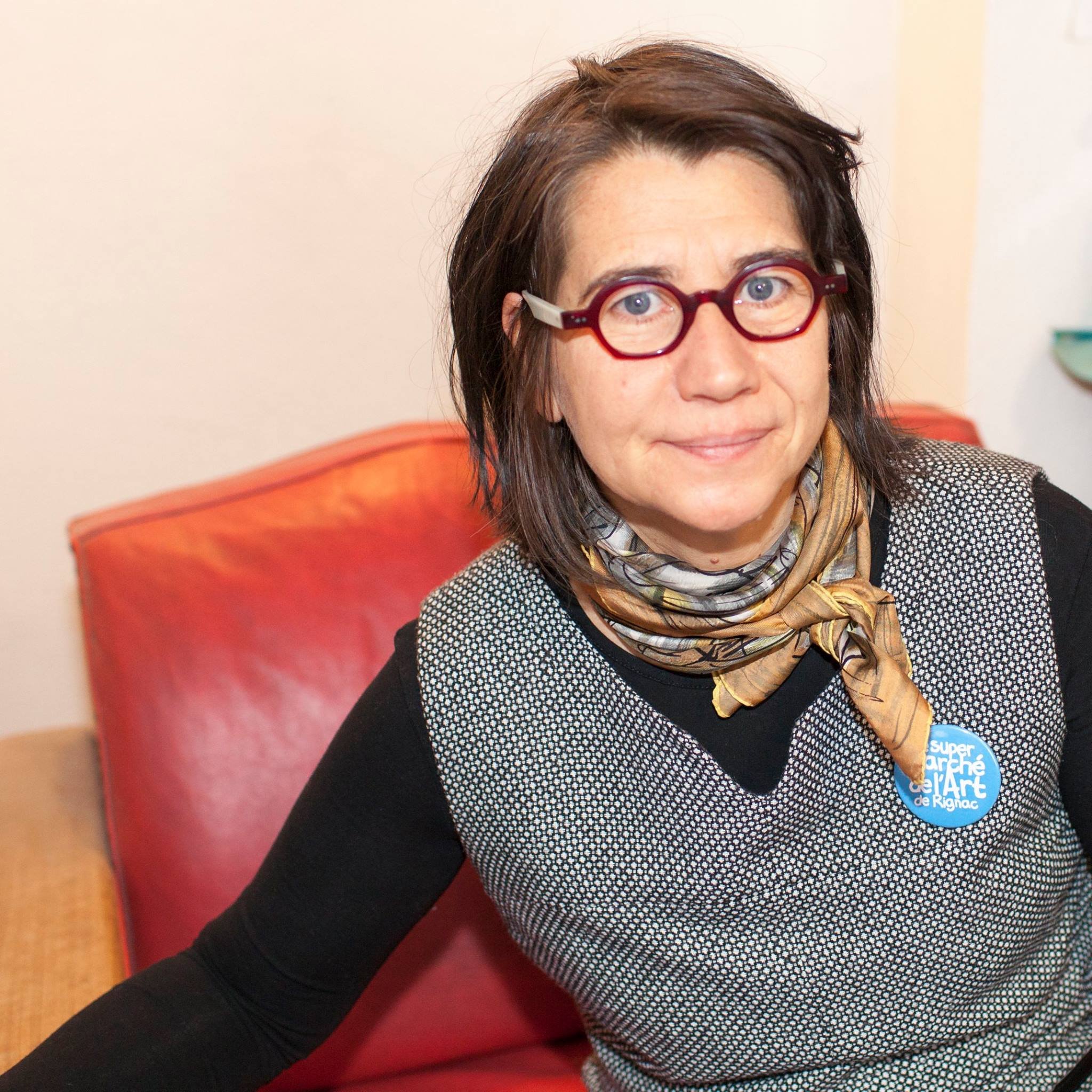
Increasing Targeting of Journalists in Protests: Multiple instances, including the arrest of a Blast journalist and detention of Patricia Huchot-Boissier, demonstrate how journalists covering protests, particularly those critiquing government or corporate actions, face legal repercussions. These arrests highlight the growing risks for reporters in France who attempt to document activism.

Escalating Online Harassment: Many of the incidents detailed, including those involving Nassira El Moaddem, Salomé Saqué, and Corinne Rey, point to a disturbing rise in online harassment, often driven by extremist or nationalist groups. The anonymity and reach of social media platforms have enabled these attacks to flourish.

Rising Far-Right Intimidation Targets French Journalist Nassira El Moaddem
Nassira El Moaddem, a journalist with Arrêt sur Images, has been subjected to an escalating campaign of harassment, primarily driven by far-right actors in France. This harassment began on May 1, 2024, after she tweeted about racism in response to the French soccer federation's policies on secularism. Her comment, labeling France as a "country of degenerate racists," was seized upon by far-right media and political figures, including National Rally party member Julien Odoul, who publicly suggested that she leave France. This sparked a torrent of racist abuse on social media, including threats and discriminatory remarks, amplified by right-wing outlets linked to media mogul Vincent Bolloré.
In June, the harassment extended to her family when a racist letter was sent to her mother's address, telling her to silence Nassira or urge her to leave the country. The same letter style was also used in a similar attack on another journalist, Karim Rissouli, indicating a coordinated effort to target minority journalists. The racist vitriol reflects a broader trend of intimidation aimed at silencing journalists of color in France, with El Moaddem standing as a prominent example.
The threats reached a peak in July 2024, when a far-right website, Réseau Libre, published a death threat against El Moaddem, stating, "Choose, bitch: the suitcase or the coffin." This website, notorious for inciting violence against journalists, lawyers, and politicians, has been involved in previous threats and continues to call for the elimination of those critical of the far-right in France.
Despite expressions of solidarity from various journalist organizations and public figures, the persistent attacks on El Moaddem highlight the severe threats to press freedom and the safety of minority journalists in France. The attacks reflect the increasing influence of far-right rhetoric in public discourse. French authorities must take swift action to investigate and hold accountable those responsible for such hate campaigns.

